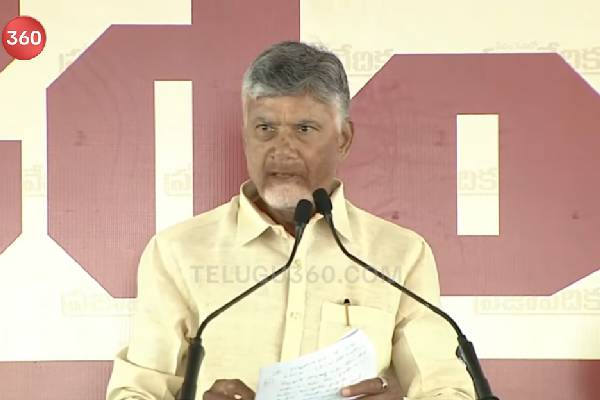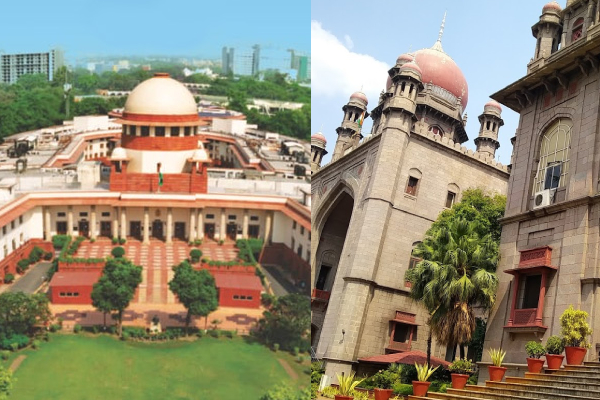The hot topic in the Telugu film industry right now is the demand to shift from the current fixed rental model for theatres to a percentage-based revenue-sharing model, similar to how multiplexes operate. Not all the exhibitors are supporting the percentage basis as it is not viable for the producers of big-budget films. To some extent their argument is true. But who’s pushing for this change? And who’s resisting it?
What’s the demand?
Some groups argue that theatres are struggling and to keep them alive, the existing fixed lease rental system should be replaced with a percentage-based system. Over the past couple of years, there are less films of stars releasing. Big films usually create revenue for 4-8 weeks and it can go upto 10 weeks depending on the word of mouth. This will help the theatre sector to generate enough revenues and survive during the dull season. This rarely happened over the years as our stars are selective, choosy and are doing one film for two years.
Example:
In Hyderabad’s Sriramulu Theatre, a recent big-hero movie grossed Rs 48 lakhs (Nett) in its first week.The fixed rent for the screen is Rs 6 lakhs (per week). The remaining Rs 42 lakhs is shared between the distributor and producer. Now, if this is calculated on a percentage model, the theatres would take 25% revenue share and it is equal to Rs 12 lakhs per week. The remaining Rs 36 lakhs would go to the distributor and producer.
Real logic behind this?
The idea sounds fair as the theatres need better returns to survive. If the multiplexes get a share-based deal, why not single-screen theatres too?
But here’s the catch:
That extra money won’t go to the real theatre owners and it goes directly into the pockets of the lease holders. Because major theatre chains are under long-term leases (20–30 years) held by a few big names. No real theatre owners are protesting for a percentage system currently. All those who raised this question are the lease holders or the distributors who hold theatres.
Who’s on which side?
Demanding the percentage model (the leaseholders who benefit from this change:
Suresh Babu
Dil Raju
Sirish
Asian Films
Opposing the change and wanting to keep the current rental system (producers who are in active film production :
Ravi from Mythri Movie Makers
Naga Vamsi (Sithara Entertainments)
Supriya (Annapurna Studios)
Swapna Dutt (Vyjayanthi Movies)
Sahu Garapati (producer of Chiranjeevi’s film)
Cherukuri Sudhakar (Paradise Productions)
Ram Achanta and Gopi Achanta (14 Reels Plus)
What about Allu Aravind?
Reports suggest that Allu Aravind has chosen to stay neutral and hasn’t aligned himself with either side.
The Theatre Shutdown demand:
The lease mafia called for a theatre shutdown starting June 1st. But major producers and even Pawan Kalyan opposed it strongly. Due to this resistance, the theatre lease group had to withdraw – at least for now. With the AP government responding on a strong note, there is no discussion of the theatre strike. This was even tipped to those who initiated the protest a day before the news came out officially. So, a Joint Action Committee meeting was planned and a press conference was conducted on Saturday.
With all the active producers against the percentage basis, those who started this discussion are now tight lipped as they have to survive in business. With Pawan Kalyan issuing a strong statement, there would be no chance to conduct meetings about theatre strikes in the future.


































